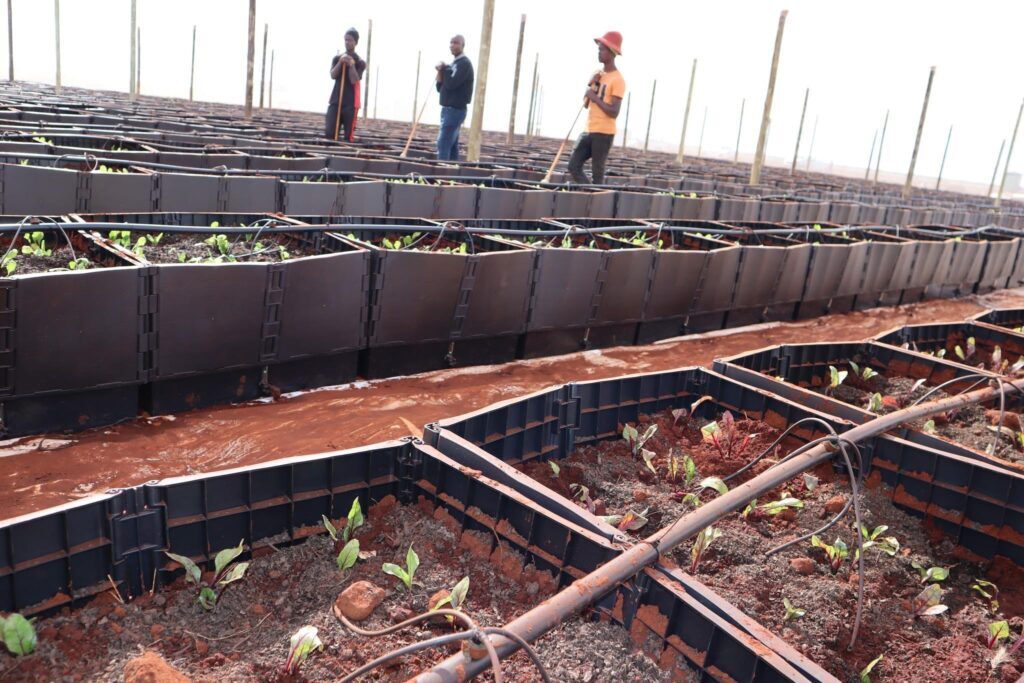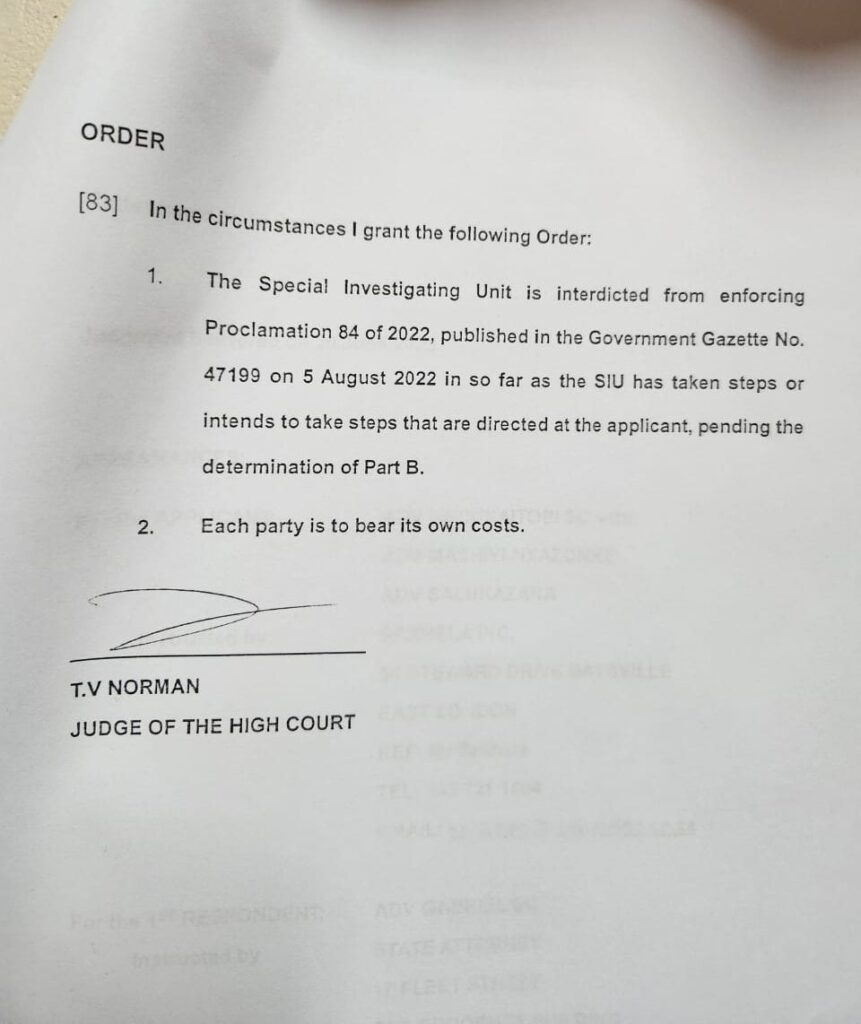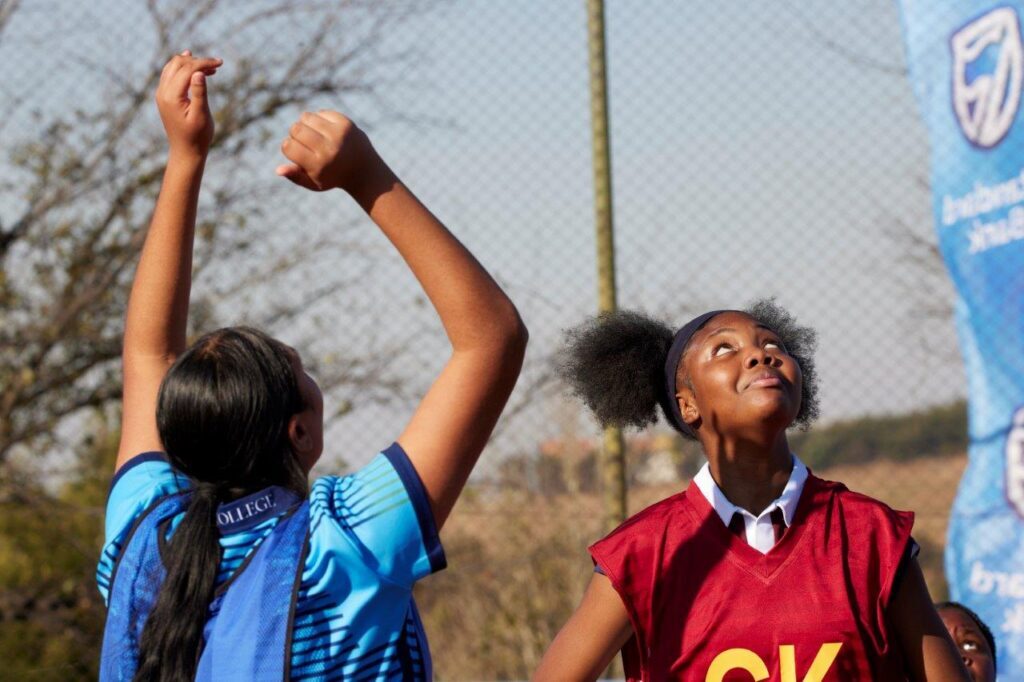Edwin Naidu
Celebrating the 150th anniversary of the University of South Africa yesterday, Minister of Higher Education, Science and Innovation, Dr Blade Nzimande, on Monday urged the world’s oldest distance learning institution to draw on its inspiring former student heroes to reclaim its greatness.
Founded in 1873, Nzimande said UNISA occupies a unique place in the annals of higher education history as the oldest university in the country, birthing the university system in South Africa.
Stalwarts of the struggle against oppression and Apartheid, ZK Matthews and John Langalibalele Dube were amongst the first Africans to receive degrees from Unisa since Simon-Peter Mihlali, the first black student to matriculate in 1879.
The Minister reminded guests, including former president Thabo Mbeki, Deputy President Paul Mashatile; Ambassadors and High Commissioners representing various Countries in South Africa; several ministers, and academics, that UNISA boasts among its million and more alum community, the likes Youth League President Anton Lembede, Former President Nelson Mandela, Archbishop Emeritus Demond Tutu, Anti-apartheid activists and Rivonia Trialists Ahmed Kathrada and Denis Goldberg, former Chief Justices of South Africa, among others.
“UNISA is also the alma mater of our very own President Cyril Ramaphosa,” he added.
In the 1940s, he said notable figures such as Oliver Tambo, Getrude Nhlabati, Sir Seretse Khama and Robert Mugabe, amongst others, received their degrees from the University of Fort Hare, registered as external Unisa students.
“Those who study with Unisa today should thus be proud that they share an alma mater with such distinguished personalities,” he added.
Nzimande urged Unisa to take advantage of its added leverage of having Mbeki as Chancellor, whom he described as an inspirational leader who has distinguished himself as a philosopher and leading thinker known for his ground-breaking revitalisation of the African Renaissance, the repositioning of Africa and South Africa as prominent international economic and political role players,” he added.
With enrolment projected at 370 000 plus students across 130 countries in the world, Unisa is one the mega-universities in the world today.
Despite the august nature of the occasion, Nzimande expressed concern about the current developments at the institution regarding its strategic direction, quality of administration and academic outcomes, governance and leadership problems which had been facing several administrations and Councils over the past decade.
A report has been tabled to his Ministry, and I shared this with the UNISA Council. This was followed in 2022 by the appointment of an Assessor, Professor Temba Mosiua, to probe specific matters for further investigation. This report has also now been handed to the Ministry, and the next steps will be announced shortly.
Nzimande said he wants UNISA to be restored to its foundational mandate. It must accelerate the modernisation of its technology platforms to fully manage and apply for promising use innovations such as Generative AI (for example, ChatGPT) as tools to assist it in carrying out its operations efficiently across vast geographical distances and, of course regulating its applications in teaching and learning, and research settings.
Celebrating the 150th anniversary of the University of South Africa, Minister of Higher Education, Science, and Innovation, Dr Blade Nzimande, urged the oldest distance-learning institution in the world to fix its problems by drawing on the inspiration from the likes of elder statesmen as Thabo Mbeki in “service of humanity”.
“The revolution in massive online technology providers – many offering free online courses – pose serious challenges to our universities, and UNISA has to compete in this unpredictable, innovation-intensive space successfully,” he said.
“I urge Unisa to take advantage of its added leverage of having as your Chancellor, Former President Thabo Mbeki, an inspirational leader who has distinguished himself as a philosopher and leading thinker, known for his ground-breaking revitalisation of the African Renaissance, the repositioning of Africa and South Africa as prominent international economic and political role players,” he added.
INSIDE EDUCATION



